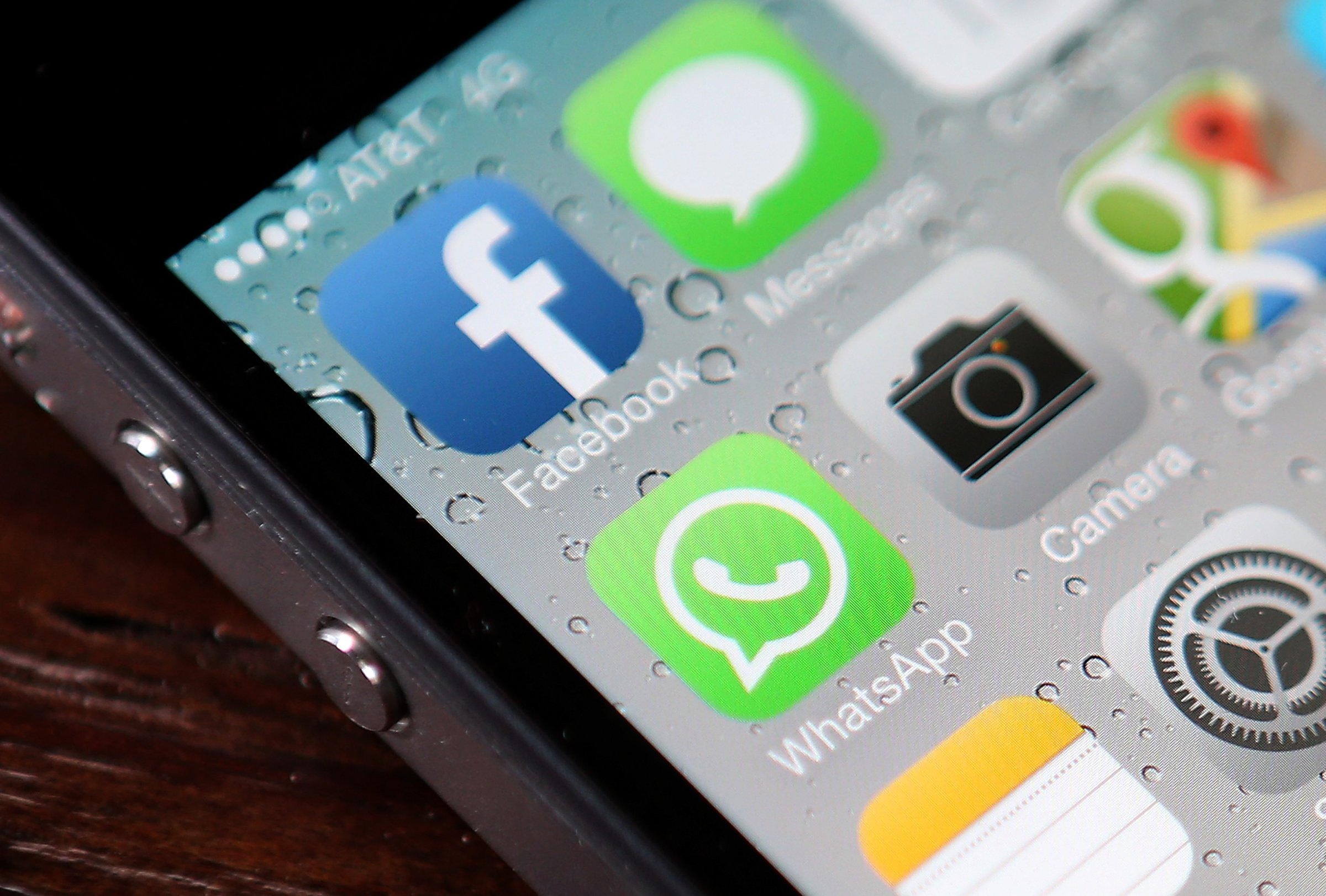
Look at your phone texting and calling patterns. Scientists are realizing they give powerful insights about relationships.
Via Sciencemag.org:
Just by analyzing the calling patterns, the researchers could accurately label two people as friends or nonfriends more than 95% of the time. But the results, published online today in theProceedings of the National Academy of Sciences, show that the mobile phone data were better at predicting friendship than the subjects themselves. Thirty-two pairs of subjects switched from calling each other acquaintances to friends in the traditionally gathered survey data. These are most likely new relationships that formed during the course of the study, say the researchers, and they left a clear signal in the mobile phone data. Friends call each other far more often than acquaintances do when they are off-campus and during weekends. The pattern is so distinct that the researchers spotted budding friendships in the phone data months before the people themselves called themselves friends.
There’s another great article in the WSJ by Robert Lee Hotz about how scientists are using phone data to study our behavior — and learning more than they ever thought they could:
…at MIT, scientists who tracked student cellphones during the latest presidential election were able to deduce that two people were talking about politics, even though the researchers didn’t know the content of the conversation. By analyzing changes in movement and communication patterns, researchers could also detect flu symptoms before the students themselves realized they were getting sick.
“Phones can know,” said Dr. Pentland, director of MIT’s Human Dynamics Laboratory, who helped pioneer the research. “People can get this god’s-eye view of human behavior.”
Of course, companies are very interested in this data:
Cellphone providers are openly exploring other possibilities. By mining their calling records for social relationships among customers, several European telephone companies discovered that people were five times more likely to switch carriers if a friend had already switched, said Mr. Eagle, who works with the firms. The companies now selectively target people for special advertising based on friendships with people who dropped the service.
And some of the results are downright unnerving:
After analyzing more than 16 million records of call date, time and position, the researchers determined that, taken together, people’s movements appeared to follow a mathematical pattern. The scientists said that, with enough information about past movements, they could forecast someone’s future whereabouts with 93.6% accuracy.
The pattern held true whether people stayed close to home or traveled widely, and wasn’t affected by the phone user’s age or gender.
A few other interesting tidbits:
This piece originally appeared on Barking Up the Wrong Tree.
Join over 135,000 readers. Get a free weekly update via email here.
Related posts:
How To Make Your Life Better By Sending Five Simple Emails
How To Stop Being Lazy And Get More Done – 5 Expert Tips
New Harvard Research Reveals A Fun Way To Be More Successful
More Must-Reads From TIME
- The 100 Most Influential People of 2024
- The Revolution of Yulia Navalnaya
- 6 Compliments That Land Every Time
- What's the Deal With the Bitcoin Halving?
- If You're Dating Right Now , You're Brave: Column
- The AI That Could Heal a Divided Internet
- Fallout Is a Brilliant Model for the Future of Video Game Adaptations
- Want Weekly Recs on What to Watch, Read, and More? Sign Up for Worth Your Time
Contact us at letters@time.com